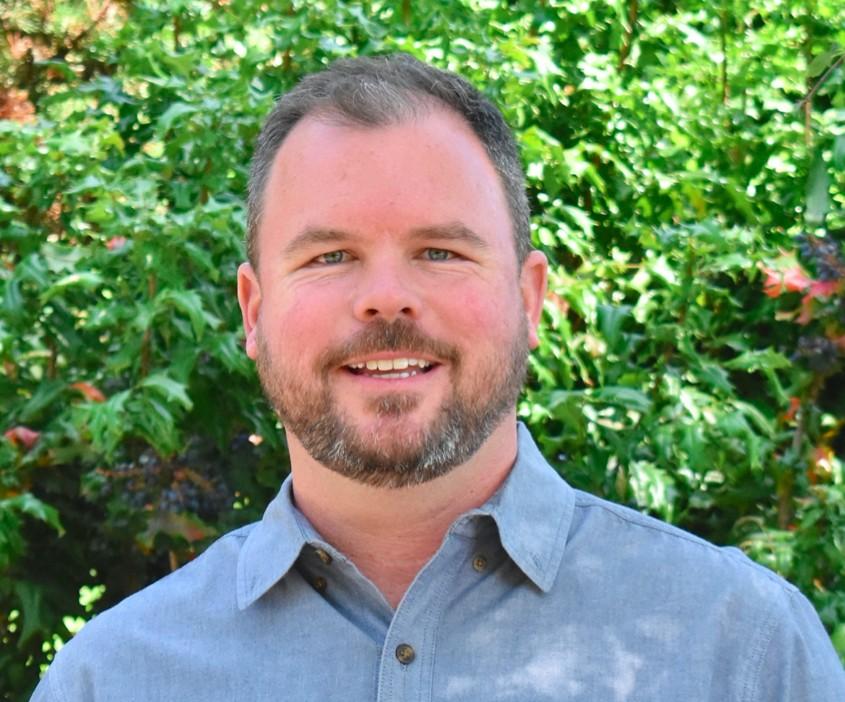
David Hill Vineyards & Winery in Forest Grove, Ore., home to some of the Pacific Northwest’s oldest vines, recently received Certified B Corporation status.
Outdoor apparel giant Patagonia, Ben & Jerry, Athleta and Bombas are among the 3,285 companies worldwide that are B Corp. David Hill joins the ranks of North Willamette Valley producers A to Z Wineworks/REX HILL, Brooks Winery, Chehalem Winery, Patton Valley Vineyard, Sokol Blosser Winery, Stoller Family Estate and Winderlea Vineyard and Winery, giving Oregon nine wine brands boasting B Corp., status. There are just 19 such wineries in the world, so the Willamette Valley accounts for nearly half of those.
“Over the last decade, David Hill has sought to improve business and farming practices for the benefit of both the land around them and their community,” the winery stated in a news release.
And last year, David Hill owners Milan and Jean Stoyanov hired acclaimed winemaker Chad Stock to take over their program. Stock burnished his reputation as one of the West Coast’s leaders in natural wines through his Craft Wine Co., which includes the cult Minimus brand.
Some of the wines from the 2019 vintage, Stock’s first at David Hill, are being rolled out this spring under the banner of “a natural winery.” His wines, particularly those for the Minimus label, reflect minimal winemaking inputs, showcase organic or Certified Biodynamic vineyards, come with little to no sulfur added and do not use commercial yeast for fermentation. Stock’s wife, Bree, is a Master of Wine from Australia.
David Hill’s history with wine includes the tasting room, a former farmhouse that dates to 1883 and helped produce a Pinot Blanc that received a gold medal at the 1904 World’s Fair in St. Louis.
But its modern-day history stems from what was once known as Charles Coury Vineyards, the namesake planting of the University of California-Davis grad who in 1965 was among the first to plant Pinot Noir in the Willamette Valley. Coury’s living legacy also includes Gewüztraminer, Pinot Blanc, Riesling, Sèmillon and Sylvaner.
David Hill 2017 Riesling ranked among Northwest’s best
Stock takes over the cellar from Justin Van Zanten, whose David Hill 2017 Estate Riesling ranked as one of the top wines at Wine Press Northwest magazine’s year-end Platinum Judging of gold-medal winning wines from 2019.

The Stoyanov family purchased David Hill in 1992. Two decades later, they began moving their vineyards, which include some of the state’s oldest Pinot Noir plantings, down a path using Salmon-Safe, LIVE (low-input viticulture and enology) and B Corp practices.
According to the Certified B Corp., site, companies are “legally required to consider the impact of their decisions on their workers, customers, suppliers, community, and the environment.”
David Hill listed some of its measures to gain B Corp certification.
“In the process of taking the farm from conventional to sustainable, David Hill has chosen to work with only live and “certified organic” materials, removing glysophate completely from the property along with creating their own bio-char,” according to the news release.
In 2014, it was A to Z that became the world’s first B Corp winery. (Fezter in California now ranks as the largest.) As of last month, there are 135 Certified B Corporations in Oregon. And B Local PDX, an alliance of B Corp businesses in Oregon and Southwest Washington, launched the B Corp Wine Country Passport, a $25 booklet good for more than $150 worth of tastings during the months of January and February at the B Corp’s North Willamette Valley member wineries.
The Stoyanov holdings span 60 acres of dry-farmed vineyard, including 15 acres that are more than 50 years old and not on rootstock, which makes them vulnerable to vine-killing phylloxera. And David Hill officials said the process to become a B Corp business does not come easily.
“Certified B Corporations are businesses that go through a rigorous assessment of the company’s impact on its workers, customers, community, and environment,” it noted. “The larger community of B Corp includes 150 industries, 71 countries and 1 unifying goal: to better social, economic, and environmental injustice.”

Leave a Reply